i.
Perhaps only the curious can tell stories. Sushshn is my constant companion in the orange-blossom scented hills of Chhota Mangwa. He is around 18, wide-eyed with wonder, impatient to find out more about the world that lies beyond the mountains. He is also street smart. And like all adolescents, in love with various fragments and figments of life. He wants to know what I am, who I am, this city person who has come to breathe in the magic of his hills. He is free-spirited but hesitant sometimes. Perhaps he feels a city-goer would judge his rural upbringing, deem him socially unworthy in digital India but his fears, if any, do not stop him from taking up the onus of telling me all there is to know about the offbeat hill station of Chhota Mangwa. I listen– his Hindi is heavily embellished with the local Nepali accent– and make notes, unaware that his patchwork anecdotes will soon unveil a character biography of this small village.

ii.
On my way to Chhota Mangwa, I am stuck for nearly an hour at the railway crossing near Teesta Bazaar. Sitting still in a packed jeep, beads of perspiration forming on my forehead, wondering why the dreaded humidity of Calcutta was taking the road to the mountains as well. After another ten minutes, after the train has chugged towards Alipurduar, the rail gate creaks open. “This exercise takes less than fifteen minutes in the plains. Why so long here?” I ask the driver. He shrugs and continues along the tree-lined road, Bollywood music blaring from the stereo. Below, the Teesta growls in her monsoon avatar. Later, Sushshn will confide in me that the shopkeepers at Teesta Bazaar regularly bribe the rail gatekeepers to keep the crossing closed for a longer duration. Traffic is good for business, but a traffic jam is even better.

iii.
A few years back, there were talks of setting up an Engineering college in this area. It was part of the reformative actions the state was going to take to bring back some of the lost glory these districts are no longer privy of. Now, the site rests unmanned and derelict, money having dried up in the face of West Bengal’s changing political climes. The BJP has promised the emancipation of Bimal Gurung, the founder of the Gorkha Janmukti Morcha, if they come to power. “Do you want a separate state?” I ask Sushshn. He shrugs. All that the locals want is less poverty and equal opportunities. Well-equipped schools with good teachers, easier access to medical professionals, well-maintained roads, and a way to stem the worsening water crisis are all that is needed here. Most welfare schemes dry up before they reach these villages. Most tourists come here to cool themselves. Most of the media is too busy digging dirt to focus on real problems.

iv.
Not many, likewise, are confident about the fruition of Gorkhaland, the proposed state that many of the hill dwellers of the Darjeeling district have been passionately vocal about. Sushshn, who studies in class XI at a local school and walks about 5 km and back every day for his right to education, has his own theories. His perception of history and geography influences his point of view. “The true Gorkhas came from all over Bhutan, Nepal, Sikkim (the kingdom was not a part of India until 1975), and India,” he says. “How can you obtain land from all these separate political entities and put it together for people who are now suffering from infighting and ideological dilution?” he asks. The call for Gorkhaland, a separate domain for the sons of the mountains, is not new and by now over a century old in one form or another. Tribal skirmishes have given way to political battles. In Darjeeling, where the movement is at its strongest, government offices were razed, a museum ransacked, and vehicles set on fire on the historical Hill Cart road. For days, travellers were trapped in their hotels with no water or electricity as the Queen of Hills burnt. After the fires subsided, the town’s primarily tourism-based economy slumped as strikes were called every other day. This desire for freedom has been bubbling under the surface for long and yet lawmakers have found no real solution. The grudge of being ignored over the decades is palpable. The great statesmen of this country, its formidable intelligentsia can devise no balm for these people who are fighting a battle not only for better opportunities but also to safeguard their identity. In a country of billions, it is easy to get lost.
Also read: Spend some time exploring your hometown. We have a list of things to do at Exploring your Backyard: A Guide to (Re)Discovering your Hometown.

v.
“Poachers,” Sushshn explains, “shikari hain,” when I tell him about the swiftly moving lights I saw in the valleys across the Teesta the night before. “They skulk around with flashlights. Always eager to kill, always bloodthirsty.” There is always enough money to kill one more animal. Be it the foxes, or the few deer that are around, or maybe something more exotic like a leopard. Their hide is sold in Nepal and Bhutan, some may go to China, and some are even sold in the black market in Siliguri. West Bengal’s Dooars is fertile ground for poachers; horns of rhinoceros are aphrodisiacs in many countries, elephant tusks are priceless ivory, fox fur instead of faux fur for fashionistas, hides of leopards as trophies, and more and more treasures are found in the region’s lush jungles. Rangers are murdered ruthlessly if they interfere with the business in which, as the word goes around here, the booty is often divided amicably between political top-shots and the police.

vi.
We are taking a walk along the hilly roads and I’m cursing the fat I have accumulated in my body. It seems to be throttling my lungs. Sushshn laughs, calls me “healthy.” I want to tell him that there is no need to be polite but he has again walked out of my reach. From the top, he points at the buildings scattered around the hills. “That was the old Engineer Saab’s bungalow. He worked a lot and then quit everything to raise a vegetable garden!” “This, here, is the church; some come here to pray now and then.” Though it is a Sunday, a heavy lock hangs on the doors. I ask him if he has been inside the building. Suddenly, his eyes fill with indignation and he snarls back, “Hum Hindu hain!” I am unsure how to react; that an 18-year-old is so aware of religious differences pains me but I do not push the conversation. We sit for a while on a ledge and watch the muddy Teesta flow ferociously towards the plains. Later I huff and puff and scramble over rock faces to reach a Buddhist Monastery, the Dupkhang Choi Khorling Monastery. Here, too, the gates are closed. The solitude is divine and we sit on the stairs praying to it. Apparently, God does not arrive on a Sunday in the hilly hamlet of Chhota Mangwa. After all, in this age of breathlessness, who doesn’t deserve a day off?
Also read: Unsustainable tourism can chisel irreversible changes in local communities. Read how tourism is changing the very fabric of Lepchajagat on Lepchajagat: A Story of Change.


vii.
Water, here, as in most parts of the Darjeeling Himalayas, is scarce. But the land is fecund and the people toil hard. There is no dearth of produce. In little plots surrounding the houses, the locals grow tomatoes, potatoes, oranges (the wood from the orange tree is used to decorate and bolster houses), ginger, spring onion, garlic, and chilli peppers. Cardamom, the third most expensive spice in the world, is grown in these hills. One evening, Binod Xhetri, Sushshn’s father and owner of the homestay I am staying at, asks if I would like pakodas for snacks. When I answer in the affirmative, he swiftly crosses the earthy track in front of the building and uproots a bunch of grassy herbs from his plot. 15 minutes later, I am munching on pakoras made from just plucked onion scapes and wondering about the difference between the farm-fresh labels at the organic section of the supermarkets and what just happened!


viii.
Sometimes I wonder why is there such a narrative gap between the places we visit and the stories they have to tell. Today, I can have such honest interactions with my hosts. In a few years when Chhota Mangwa is no longer this offbeat hill station, when it is a popular tourist spot, and my hosts are certified homestay owners, will such conversations get lost in the crowd of acceptable interactions and financially viable gestures?
ix.
Purnima, Binod’s wife, rues about the strenuous village life. She understands that without education, there is no escaping the agricultural life here. Her eldest son now serves in the Indian Army, the second one is studying for the WBCS exam in Calcutta, and Sushshn, who studies Mathematics and Economics in school, helps out in a nearby NGO and secretly harbours a wish to write a book on Chhota Mangwa. “There is nothing under the soil here, no copper, just a whole lot of granite,” he mentions pensively. “But it is fertile soil, soil that bears sustenance,” I say but he is looking out at the open expanse of blue-tinged twilight in front of us. At a time when Indians are returning from abroad to set up organic farms across the country and earning lakhs from peddling the farm-to-table philosophy in their hip restaurants and farmers markets, all that Binod’s humble kitchen needs is improved logistics and the blessings of a label. I do not know if in a few years, with increased internet access, Sushshn will want to return to his roots and build an alternate life from the resources he has, in the land he calls home.

x.
“Most young adults in these hills drink alcohol all day. Those that don’t usually become drivers,” a local tells me when I ask why I see only a handful of people around. The economy here depends on two things: farming and tourism. Farming is backbreaking on this uneven land. Tourism is the cash cow, the easy way to financial freedom. A significant portion of the youth these days choose to not follow in their forefather’s footsteps and till the land. Instead, they borrow money and build homestays to cater to tourists who keep arriving from the sweltering plains. From families taking a break to disenchanted professionals on a sabbatical to freelancers who have embraced the nomadic lifestyle, there is no dearth of guests but with guests come questions of sustainability and ethical tourism, questions that are yet to become the talk of the town here. Cheap locally brewed alcohol is the poison of choice in this offbeat hill station and slowly the cycle sets in where men earn for the hooch and work only when the hooch-money becomes necessary. The man continues “You should come around Diwali. We cook mutton– the goats are slaughtered fresh on the farm– and we will get you some hooch too!”

xii.
When I ask Purnima about the directions to Bara Mangwa, another little-known village in the Bengal Himalayas, and my next destination, she tells me to take the road behind the homestay. “It is about 15 minutes of a downhill walk,” she assures. An hour later, I see no signs of civilization and am possibly lost. Google Maps can’t find a trail and suggests I take a detour 33 km long. As I rest on a rock to catch my breath, I hear a troupe of kids coming toward me. When I ask them how far is Bara Mangwa, they confirm that I am on the right track but the village is about 3 more hours away. I reach my destination in the next 15 minutes! My phone tells me I have walked a total distance of fewer than 4 kilometres. The definitions of time and distance and speed all blur in the scent of conifers here. As I sit down with a steaming cup of Darjeeling at the Bara Mangwa farmhouse, I decide not to ask those living in mountains questions of time and distance ever again.
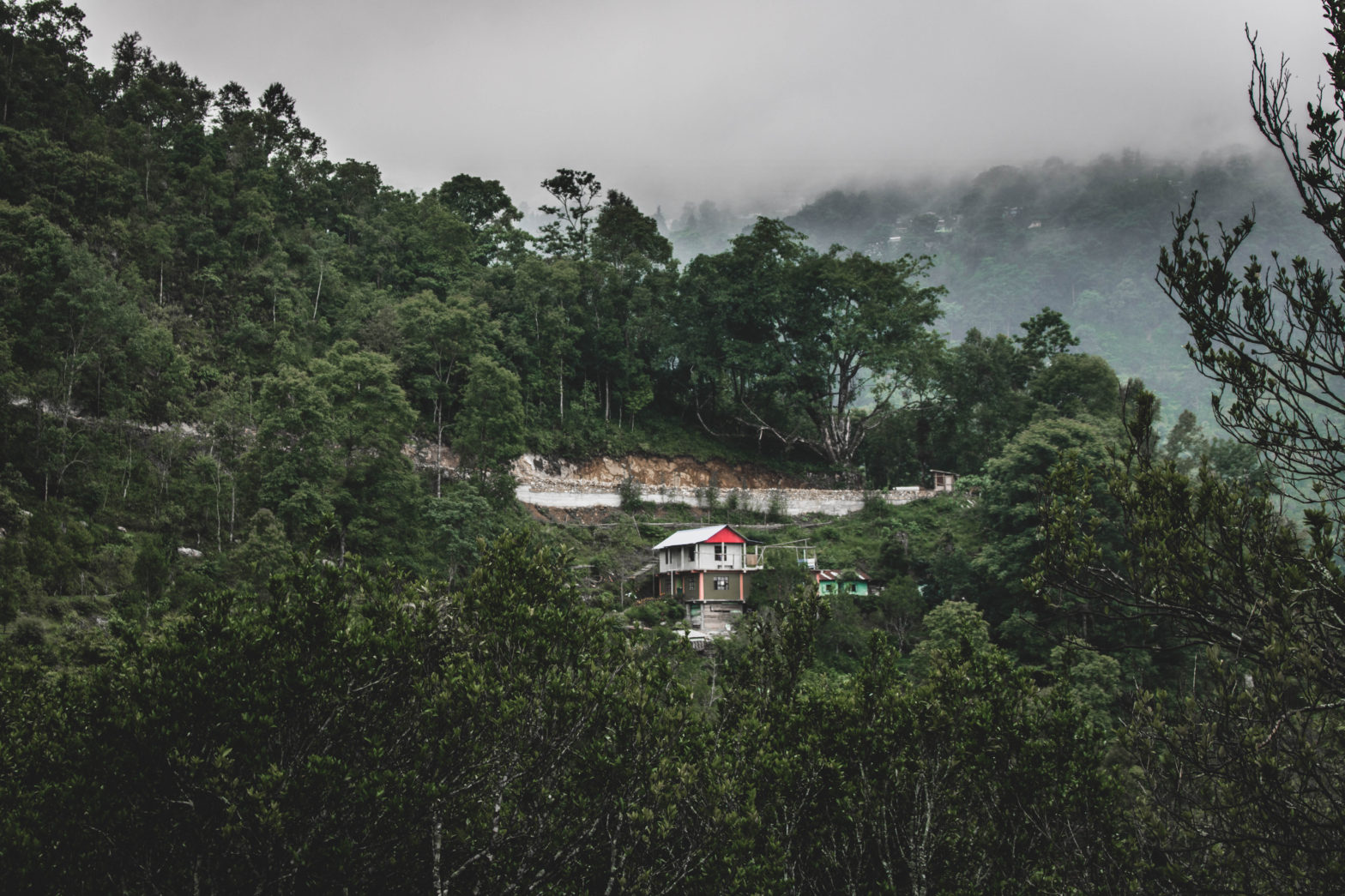






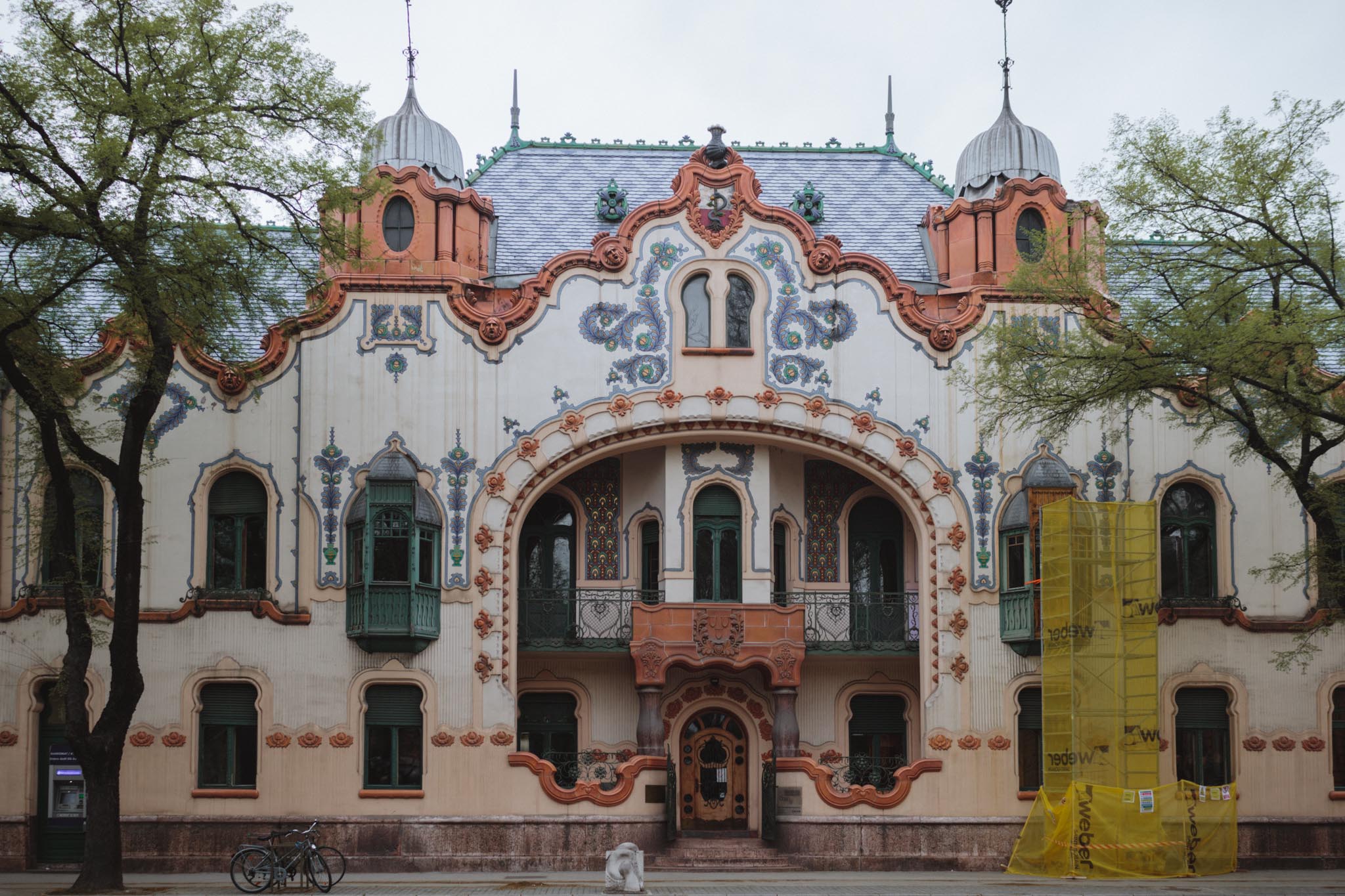
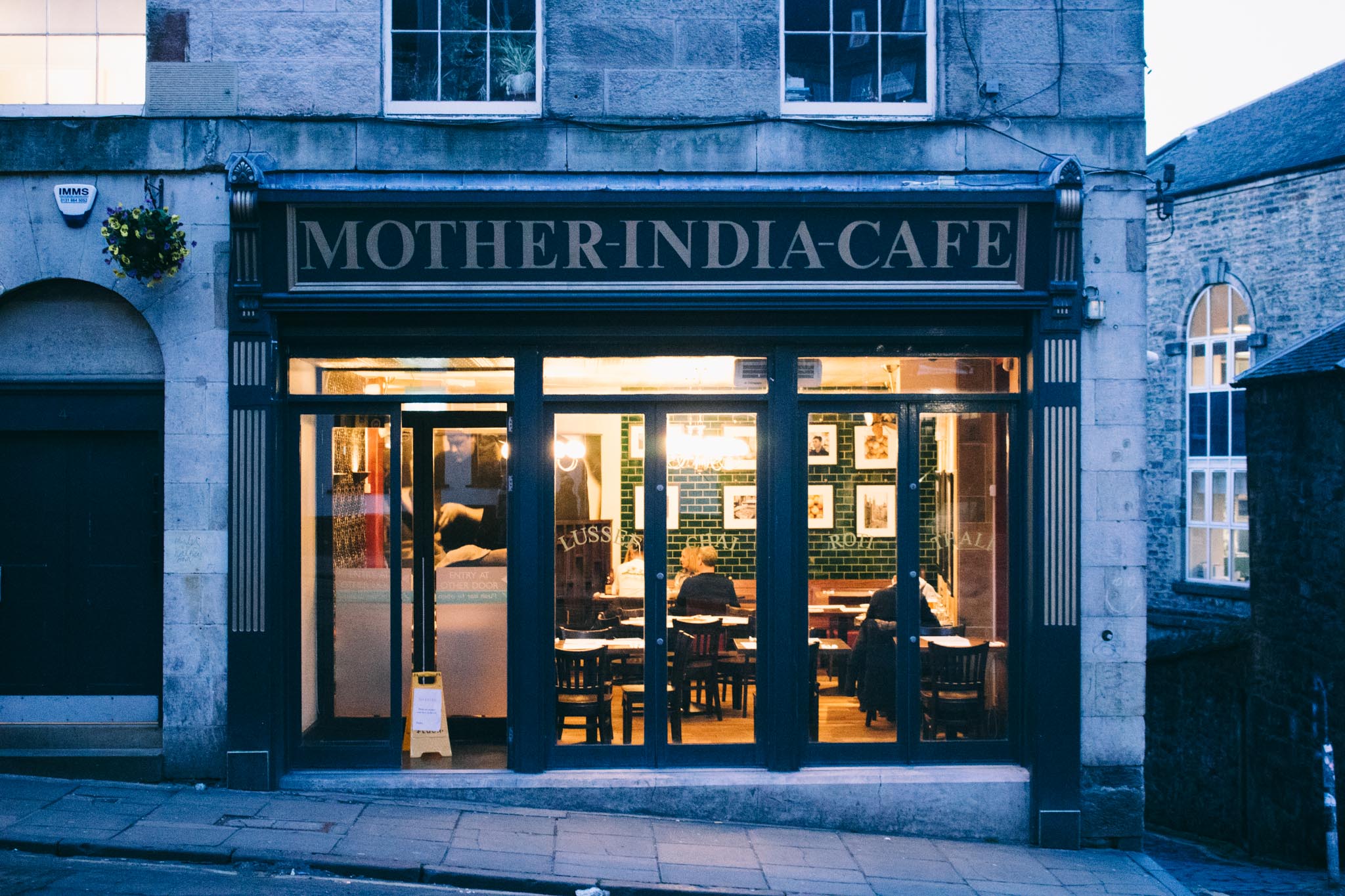
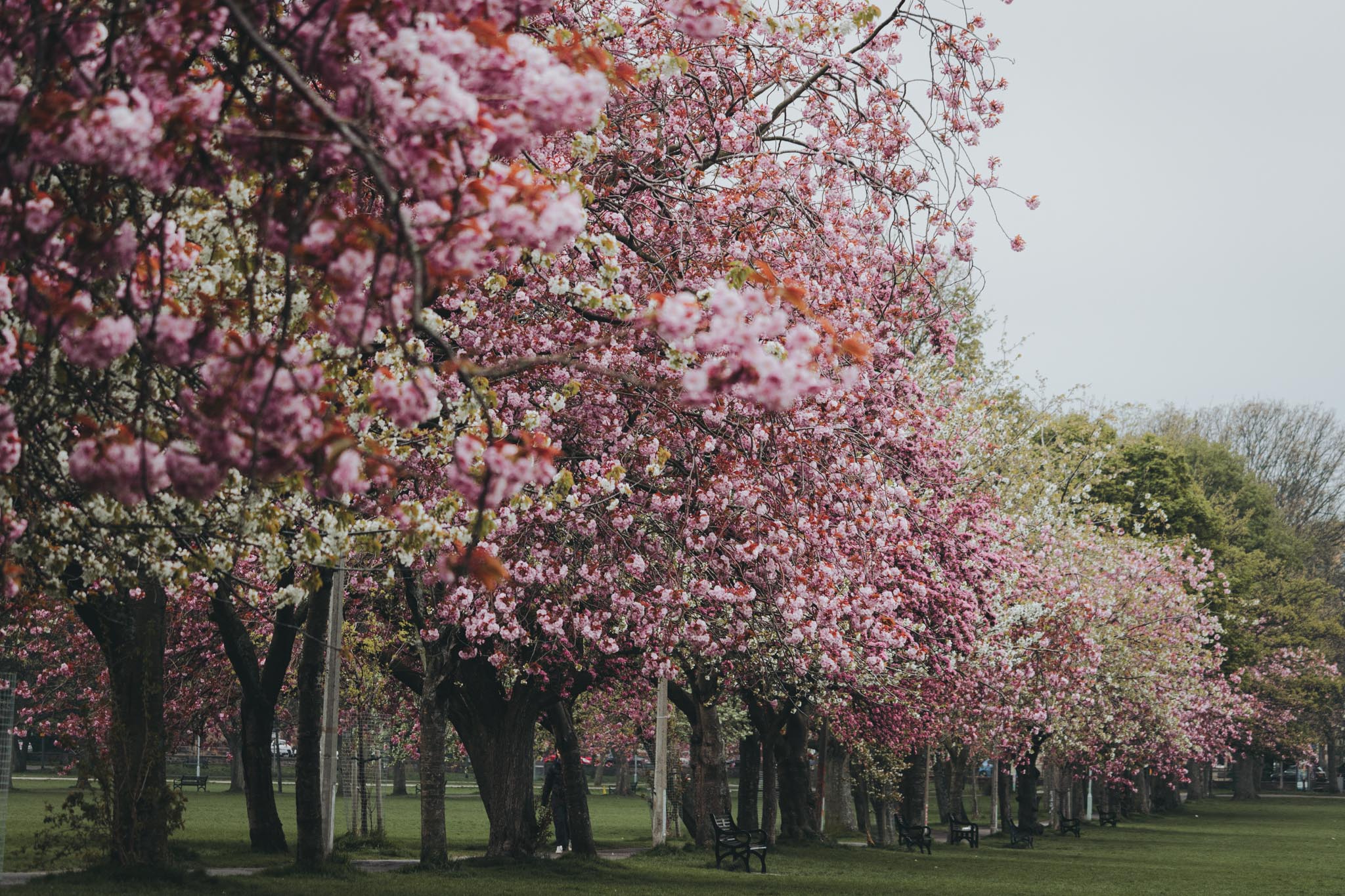
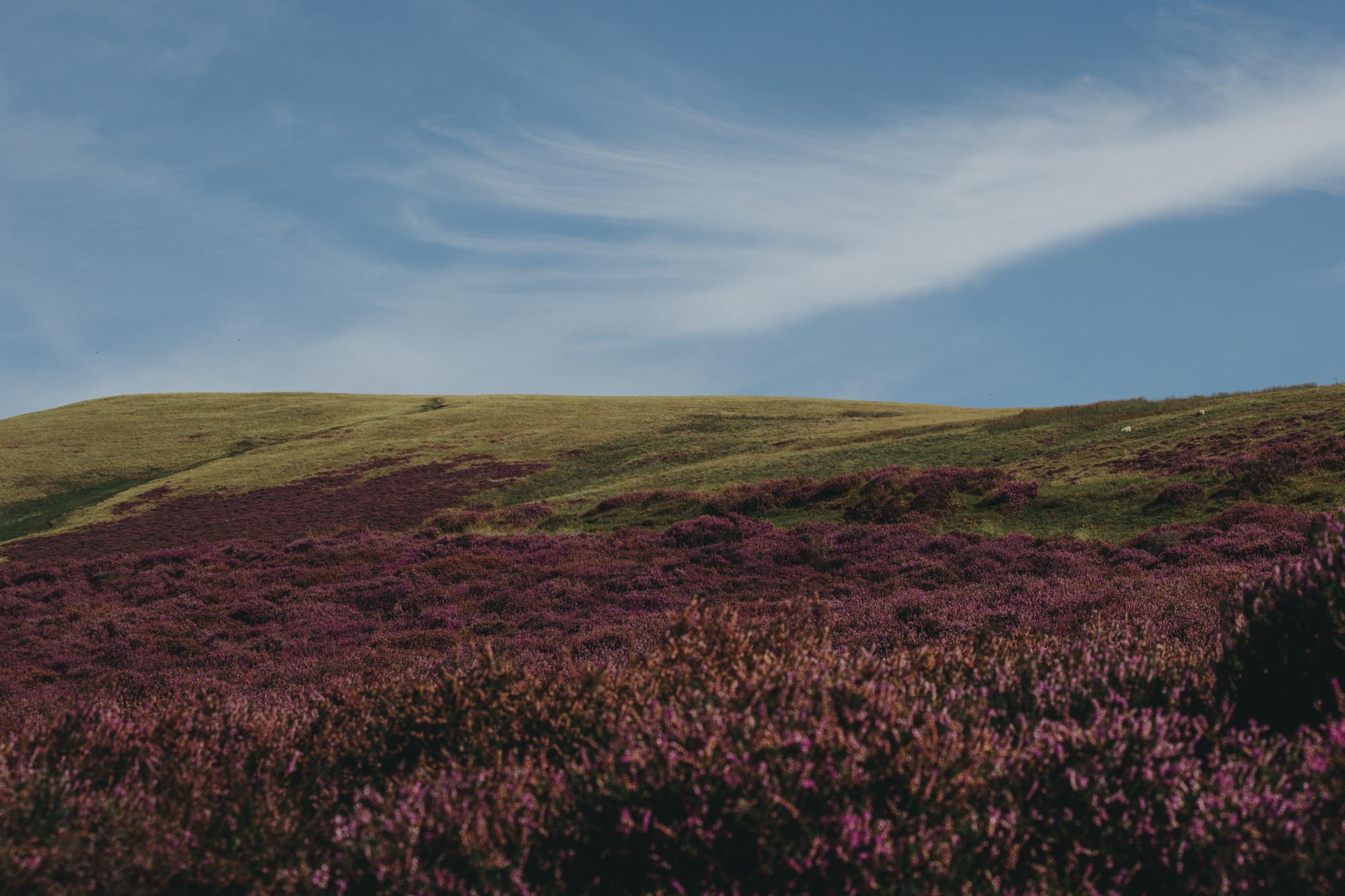
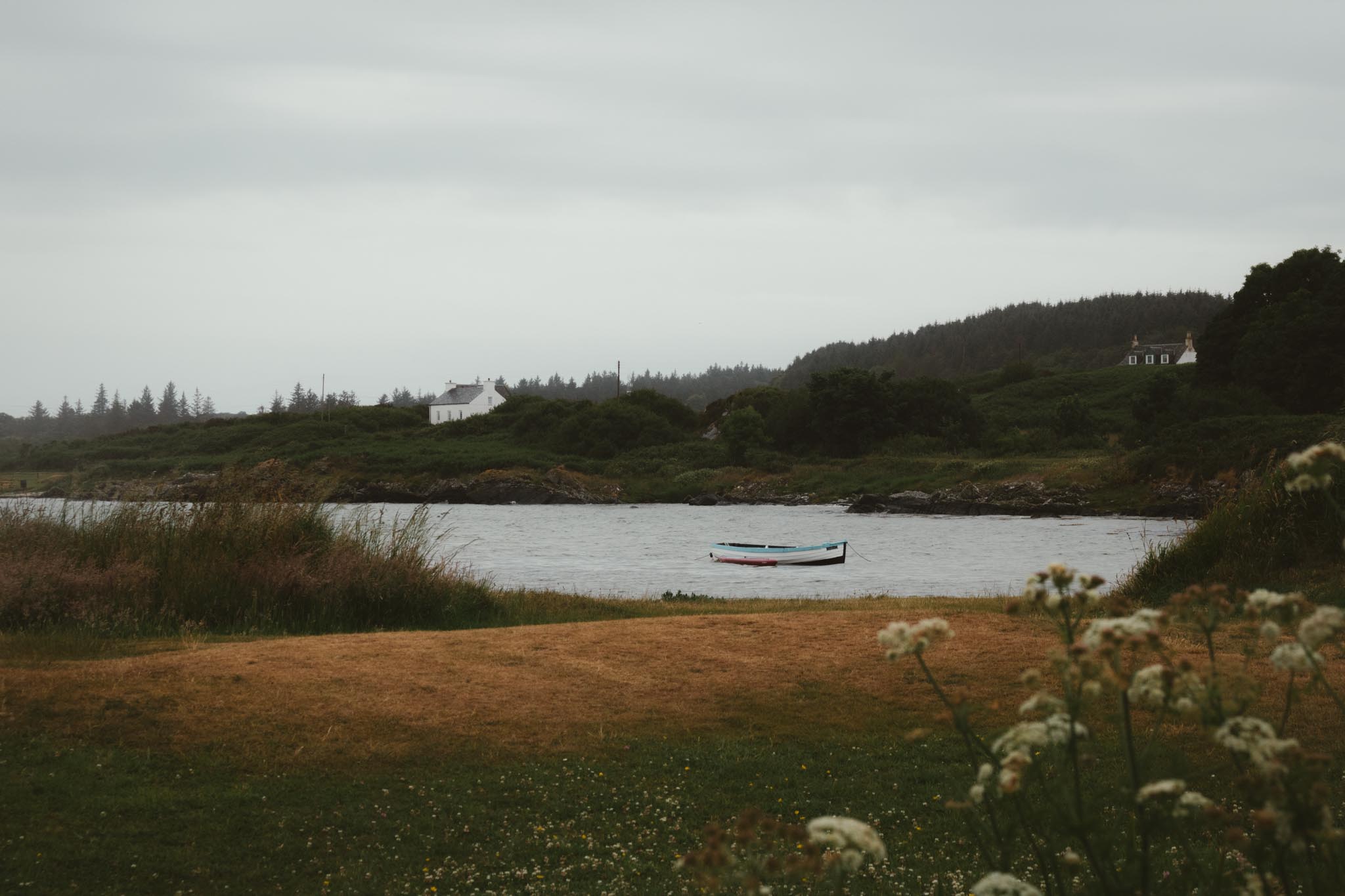
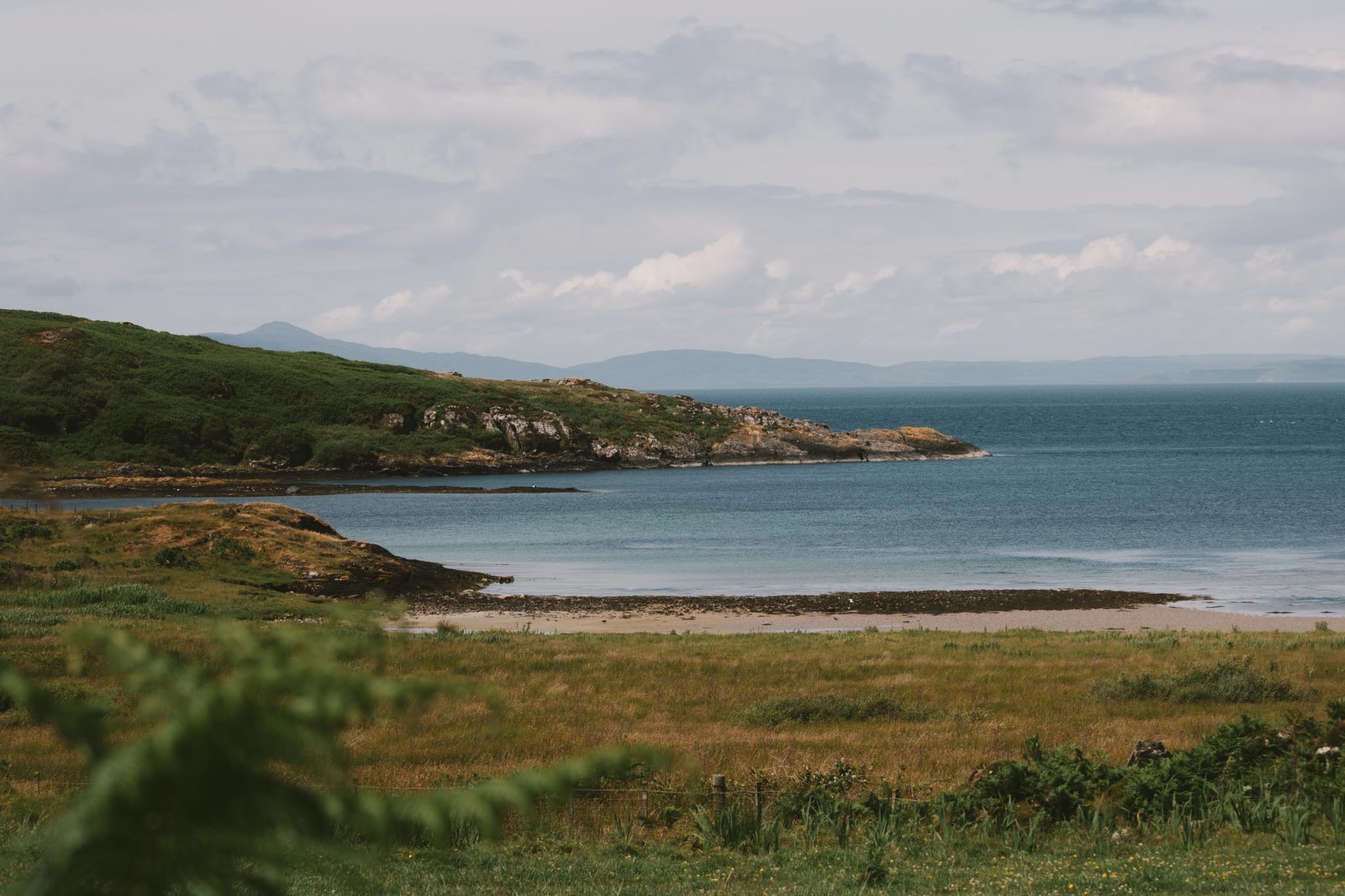
Leave a Reply